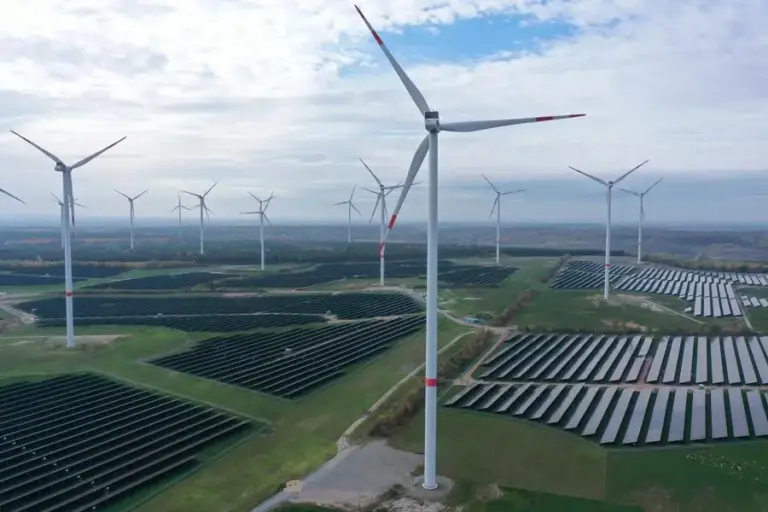Access to reliable electricity remains a major challenge across Africa, with nearly half of Nigeria’s population still lacking access to power, according to the World Bank. To address this, innovative financing solutions are emerging to bridge the energy gap and drive clean energy adoption.
One such initiative comes from Nigerian fintech Payhippo, which has rebranded as Rivy and secured $4 million in pre-Series A funding to focus on clean energy financing. The funding round, announced on March 26, was evenly split between $2 million in equity and $2 million in debt.
Key Investors:
✔ Equity Round: Co-led by EchoVC, through its $2.5 million Eco Fund, and Shell’s All On, a climate-focused investment group.
✔ Debt Financing: Provided by local investors supporting sustainable energy solutions.
Rivy’s Mission: Financing a Solar-Powered Future
Formerly known for providing short-term loans to SMEs, Rivy is now dedicated to clean energy financing, helping businesses and communities access solar power affordably.
CEO Dami Olawoye emphasizes the company’s vision:
“We are doubling down on our mission to enable accessible and affordable clean energy financing for businesses and communities across Africa… Clean energy is the future of Africa.”
Rivy’s transition was driven by insights from SMEs, who cited unreliable power and high electricity costs as major challenges. In response, the company has been refining its strategy, including hosting the Payhippo Solar Expo: Financing the Solar Ecosystem in October 2023 to engage stakeholders and explore solutions.
Growing Momentum for Solar Energy Financing in Nigeria
Rivy’s clean energy financing push aligns with broader efforts to expand solar adoption in Nigeria. Earlier this month, Access Bank launched a solar energy financing model to support sustainable energy solutions for the health sector.
Why Clean Energy Matters:
-
Nigeria is one of Africa’s top four CO₂ emitters, largely due to diesel generator dependence amid grid instability.
-
Solar energy provides a sustainable, cost-effective alternative, reducing greenhouse gas emissions and air pollution.
-
Despite slow adoption, Nigeria’s solar capacity has grown steadily—from 11 MW in 2015 to 144 MW in 2025, according to the latest IRENA report.
While challenges remain, Rivy’s entry into the clean energy financing space marks a significant step toward a greener, more energy-secure Nigeria. By offering affordable financing solutions, the company is helping businesses and communities transition to cleaner, more reliable power sources—and shaping the future of Africa’s energy landscape.

